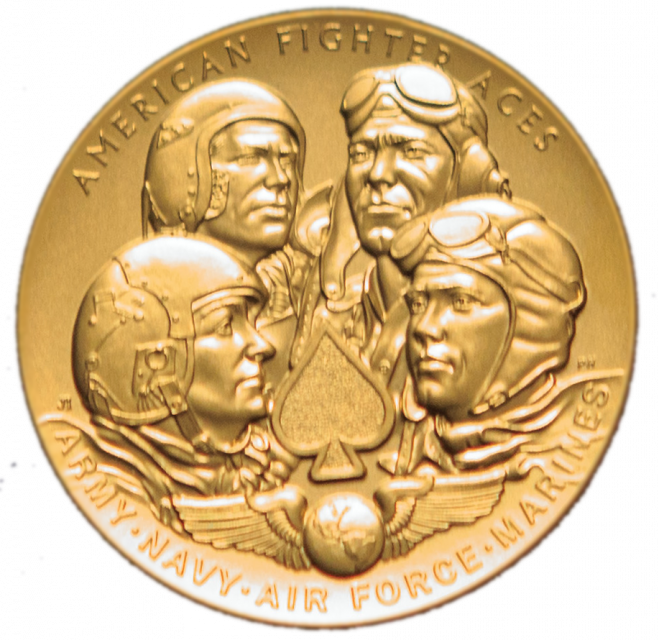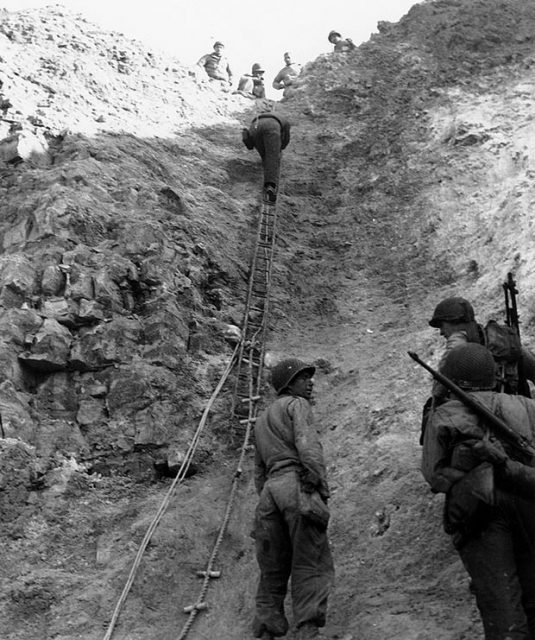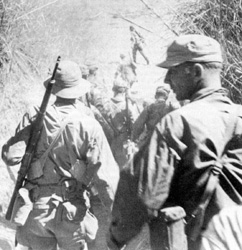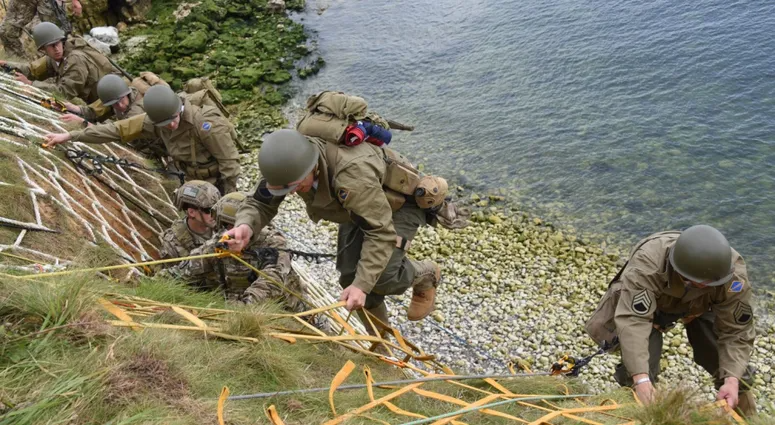Earlier this year, the US Senate unanimously passed a bill to award a Congressional Gold Medal to US Army Rangers who served in World War II.
The bill was not officially announced until after the anniversary of D-Day. The bill was sponsored by Senator Tammy Duckworth, S-Ill.
And Senator Joni Ernst, R-Iowa. Both of the sponsors are veterans. They announced the passing of the bill in a joint announcement.
The Rangers are famous in part for scaling the Pointe du Hoc cliffs during the invasion of Nazi-occupied France on D-Day.

Duckworth stated that the US Army Rangers fought in some of the most important battles during WWII. She said that she was grateful that the Senate passed the bill and that she looked forward to it becoming law.
Ernst said that many Rangers had approached her about getting the Congressional Gold Medal for the WWII Rangers since she has connections to the Ranger Regiment and the Ranger Rendezvous at Fort Benning in Georgia. She called it a “thrill” to see that the bill had passed unanimously.

The Rangers were formed in the mid-1700s to fight in the French and Indian War. Major Robert Rogers wrote nineteen standing orders for the Rangers which are still used today.
In WWII, the Rangers took part in battles in Northern Africa, including the critical Battle of El Guettar.
They took part in the D-Day landings where they gained fame for their work in clearing German gun emplacements which allowed Allied landing craft to reach the beachhead without encountering German fire.
Rangers also played a role in the Pacific theater where they liberated American POWs in the Philippines.
Representative Dan Crenshaw, R-Texas, has taken the lead on getting the bill passed in the House of Representatives.
There is another effort currently taking place to get the Congressional Gold Medal awarded to Merrill’s Marauders.

In 1943, President Franklin D Roosevelt and the other leaders of the Allies recognized that the US needed to engage in a long-range penetration effort in order to disrupt the supply and communication lines of the Japanese while the main forces worked to re-open the Burma Road.
Roosevelt issued a call for volunteers which received around 3,000 responses from US servicemen. Officially named the 5307th Composite Unit (Provisional), it was codenamed “Galahad” and became popularly known as “Merrill’s Marauders” after their leader Brigadier General Frank Merrill.

With no tanks or artillery to support them, the Marauders walked over 1,000 miles through dense jungle.
They engaged the enemy in five major battles and thirty minor engagements. They defeated the Japanese 18th Division who had conquered Singapore and Malaya and vastly outnumbered the Marauders. They disrupted supply and communication lines completely.
To top it all off, they captured the Myitkyina Airfield which was the only all-weather airfield in Northern Burma.
No other American force had marched as far, fought continuously for as long (four months) or showed as much stamina and endurance as the Marauders.
Every injured Marauder was safely evacuated, which required carrying the wounded to an evacuation point and then hacking out a landing strip from the jungle.
When the mission was over, every single member of the Marauders was placed in the hospital for tropical diseases, exhaustion, malnutrition, or an “A.O.E. (accumulation of everything).”
US Air Force Delivers Sig Sauer M18 Pistols to Security Forces
The Congressional Gold Medal is Congress’ “highest expression of national appreciation for distinguished achievements and contributions by individuals or institutions.”
